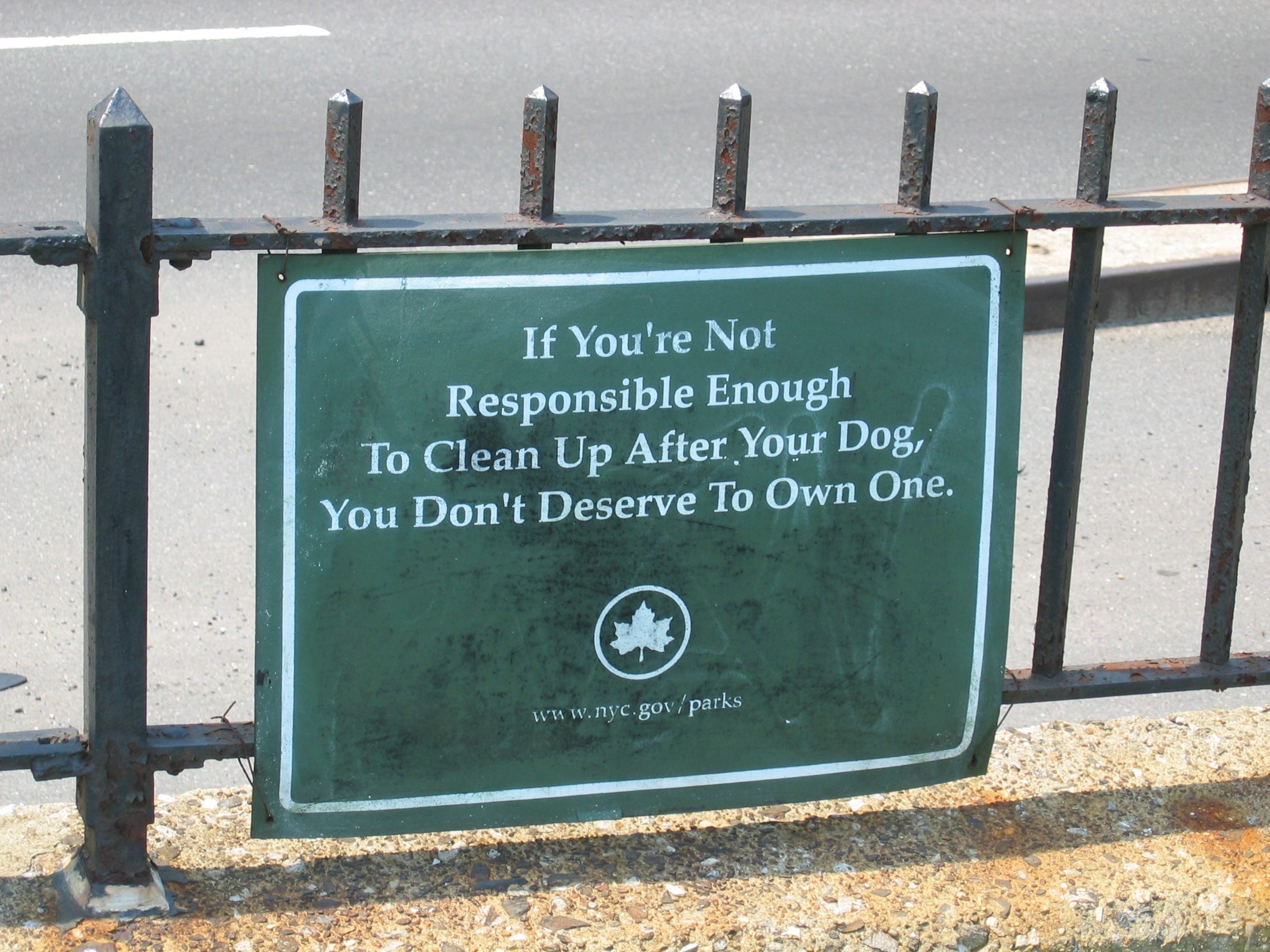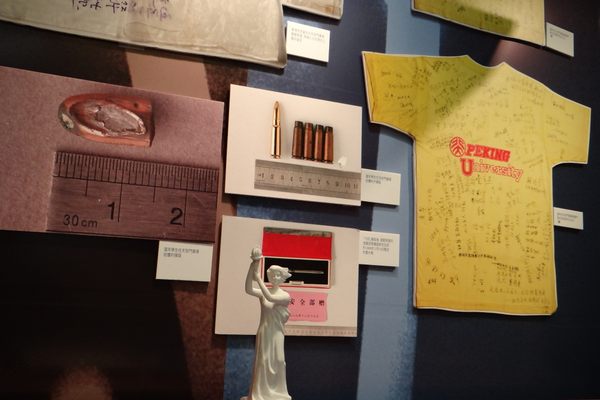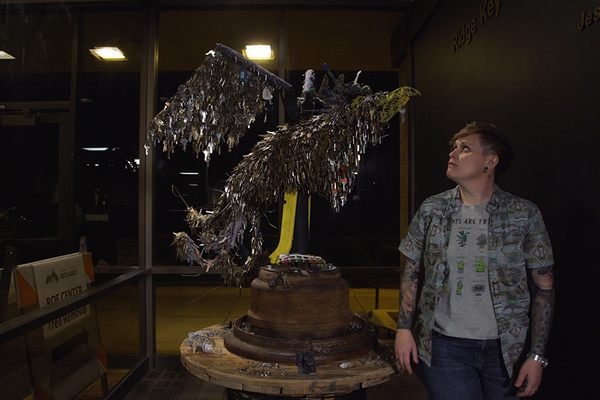Spanish Town Creates Graphic Sculpture for Dog Owners
Torrelodones’ new civility campaign is a unique approach to a common problem.

The New York City Parks Department’s blunt approach to encouraging responsible dog ownership. (Photo: Josh Madison/CC BY-2.0)
As any urbanite will tell you, basic rules of civility are the only thing keeping the world’s cities from collapsing into The Purge-style chaos. But as long as human settlements have existed, towns and cities have had to punish and plead with their residents to uphold our fragile social contract, and the Spanish town of Torrelodones is no different.
The solution they’ve settled on for their civility problem, however, is certainly unique.
You see, Torrelodones has a problem. A smelly problem. As town council spokesman Àngel Guirao explained to The Local:
Torrelodones has around 6,000 dogs and let’s say they do an average of three dumps a day, that is around 15,000 separate poos producing some 500kg of excrement a day. Many owners just don’t pick up.
That’s right — Torrelodones has a poop problem. And they’ve decided to fight fire with fire — or in this case, poop with poop sculpture.
The town square is now home to a three-meters-wide, two-meters-high, inflatable poop sculpture, intended to represent the amount of excrement left on Torrelodones’ sidewalks by irresponsible dog owners. Alongside the sculpture, a sign reads “This is one of the greatest obstacles to community spirit in our town. If you own a dog, please help us.” The campaign is intended to remind dog owners to clean up after their pets “in a fun non-aggressive way,” according to Guirao.
To help promote the civility campaign, the town is asking residents to take photos of themselves posing in front of the sculpture for social media using the hashtag #nomascacas. So far, the townspeople have obliged.
#nomascacas pic.twitter.com/5REtm4eO6R
— Luz Navarro Garcia (@luznaga) May 28, 2016
Con la caca dé Torrelodones. 😉@goyobenitez #nomascacas pic.twitter.com/p3mxwJnbv4
— Marina M. Vicens (@marinamartinezv) May 28, 2016
Along with the inflatable sculpture, the town has also installed smaller concrete sculptures in areas particularly afflicted by uncivil dog owners. The Local reports that the concrete sculptures will be permanent, so the townspeople will be reminded about responsible dog-ownership — and be able to take very unusual selfies — for the foreseeable future.
#nomascacas Acciones directas en puntos negros detectados. Si tienes perr@, ayúdanos #Torrelodones @vxtorrelodones pic.twitter.com/f8ULniUfA6
— Elena Biurrun (@biurrun74) June 3, 2016
@vxtorrelodones @Torrelodones_wb buenísima campaña #nomascacas pic.twitter.com/hxVdpLEd9b
— Julia Fernandez (@JuliaFmv) May 25, 2016
It remains to be seen whether the sculptures will produce the desired results. If the light-hearted campaign doesn’t work out, Torrelodones may need to emulate the more draconian measures seen elsewhere in Spain; in February, Guadalajara began using DNA testing to determine which dogs are befouling their streets (and costing their owners up to €250 in fines). Similarly, Madrid began cracking down on incivility in April, and now fines owners who don’t clean up after their dogs €750—or a weekend spent cleaning the streets.




















Follow us on Twitter to get the latest on the world's hidden wonders.
Like us on Facebook to get the latest on the world's hidden wonders.
Follow us on Twitter Like us on Facebook